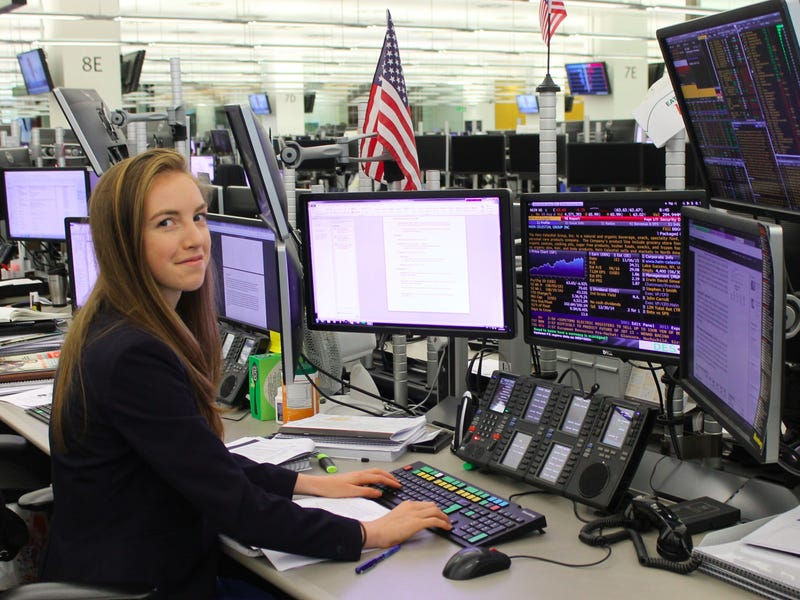JPMorgan Raises Recession Odds for 2025 to 60% Amid Escalating Trade Tensions
- Miguel Virgen, PhD Student in Business

- Apr 15
- 2 min read
April (Doctors In Business Journal) - In a significant shift, JPMorgan Chase has increased its projection for a U.S. recession in 2025 to 60%, up from a previous estimate of 40%. This adjustment reflects growing concerns over the economic impact of recent trade policies and global market volatility.
Trade Policies Fuel Economic Uncertainty
The escalation of trade tensions, particularly the implementation of sweeping tariffs by the U.S. administration, has introduced considerable uncertainty into the global economic landscape. These tariffs have affected a wide range of imports, leading to increased costs for businesses and consumers alike. The resultant strain on international trade relationships and supply chains has been a critical factor in JPMorgan's revised recession forecast.
Consumer Spending Shows Signs of Strain
Despite a resilient labor market, with wage growth at 3.8% and unemployment at 4.2%, consumer spending patterns indicate potential stress. Anticipation of higher prices due to tariffs has led some consumers to accelerate purchases, a trend that may not be sustainable in the long term. Additionally, the burden of a record $18.04 trillion in household debt and the resumption of student loan repayments could further constrain consumer spending.
Market Volatility and Investment Challenges
Financial markets have experienced significant turbulence, with major U.S. stock indexes suffering substantial losses. The Nasdaq has entered a bear market, and over $6.4 trillion in value has been wiped from U.S. equities. This volatility has led to canceled IPOs and difficulties in capital raising, as investors grapple with the implications of ongoing trade disputes and economic policy shifts.
Global Implications and Retaliatory Measures
The international response to U.S. trade policies has been swift, with key trading partners like China imposing retaliatory tariffs. These measures have disrupted global supply chains and reduced international trade efficiency. Economists warn that the resultant economic slowdown could rival the 2008 financial crisis, with severe implications for employment and poverty worldwide.
Policy Recommendations and Outlook
JPMorgan CEO Jamie Dimon has urged the U.S. government to expedite trade negotiations to stabilize volatile markets. The bank's economists emphasize the need for clear and consistent economic policies to mitigate the risk of a recession. As the global economy navigates these challenges, the upcoming first-quarter GDP report from the Bureau of Economic Analysis, expected on April 30, will provide critical insights into the trajectory of economic growth.
Conclusion
The increased likelihood of a U.S. recession in 2025, as projected by JPMorgan, underscores the profound impact of trade policies and market volatility on economic stability. Stakeholders across the financial spectrum must remain vigilant and adaptable as they navigate this complex and evolving economic landscape.
Keywords:
JPMorgan recession prediction 2025, U.S. recession forecast, JPMorgan economic outlook, 60% recession odds 2025, trade war economic impact, U.S. economy 2025, stock market volatility, global economic slowdown, Jamie Dimon recession, consumer spending trends 2025






